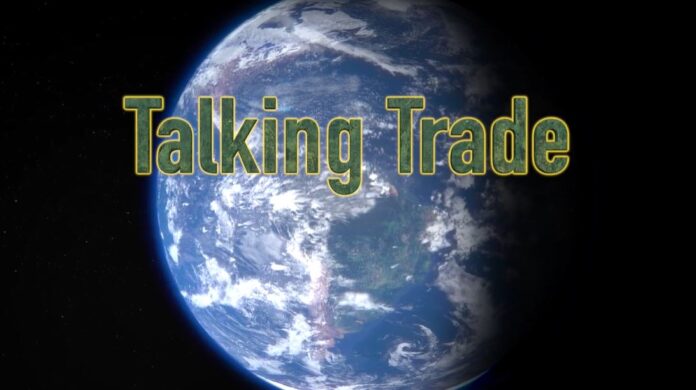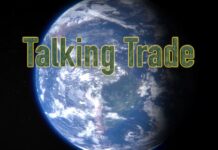In the latest episode of “Talking Trade,” Wisconsin Manufacturers & Commerce President and CEO Kurt Bauer emphasizes the state’s reliance on foreign markets for exported goods amid tariff-related uncertainty.
Bauer highlights the central role of manufacturing in Wisconsin’s economy, calling it “our economic supersector” for creating jobs and wealth in the state. It makes up 18% of state GDP, compared to 12% for the Midwest and 8% nationally.
The discussion explores how tariffs on raw materials are impacting exporters in Wisconsin. Bauer notes “our membership is a bit divided on this,” as some companies support the Trump administration’s tariffs while others are opposed.
“It really depends on what you make or what you grow, where you sell it, where you source inputs, what your supply chain looks like,” he said. “So it really depends on those different factors, on how you evaluate you’re in support of what the president is trying to do.”
Larger companies in WMC’s membership tend to be more opposed, Bauer says, noting tariffs have created uncertainty and confusion for many businesses. And while the situation has been “stabilizing a little bit,” pricing has remained a challenge due to market fluctuations, he added.
“Access to markets is critical, as I indicated, we’re a manufacturing state and we need to export,” he said. “You need to have access to those markets, and there are retaliatory tariffs that have come into place that make some of our U.S. goods unaffordable.”
But at the same time, the WMC members that support tariffs do so for “fundamental fairness” reasons and due to the opportunities they create, Bauer added.
“We have opened our markets to foreign products basically since World War II, and other nations have not reciprocated completely … some of our members are just frustrated that we’ve opened our markets and other nations have not reciprocated,” he said.
Meanwhile, frustration among foreign trade partners have led to “soft boycotts” of U.S. products, causing further challenges for already stressed supply chains.
“The president of course is trying to grow manufacturing and the supply chain in the United States, which we understand and support, but the reality is that you just can’t snap your fingers and create a manufacturer that can make a specialty component, a precision part,” he said.
Bauer says the tariff backlash has been particularly intense in Canada.
“With my counterparts in Canada from across the border, they’re frustrated, they’re angry, and we have seen a backlash,” he said.
The show is hosted by E.M Wasylik Associates Managing Director Ken Wasylik and M.E. Dey & Co. President and Managing Director Sandi Siegel.







